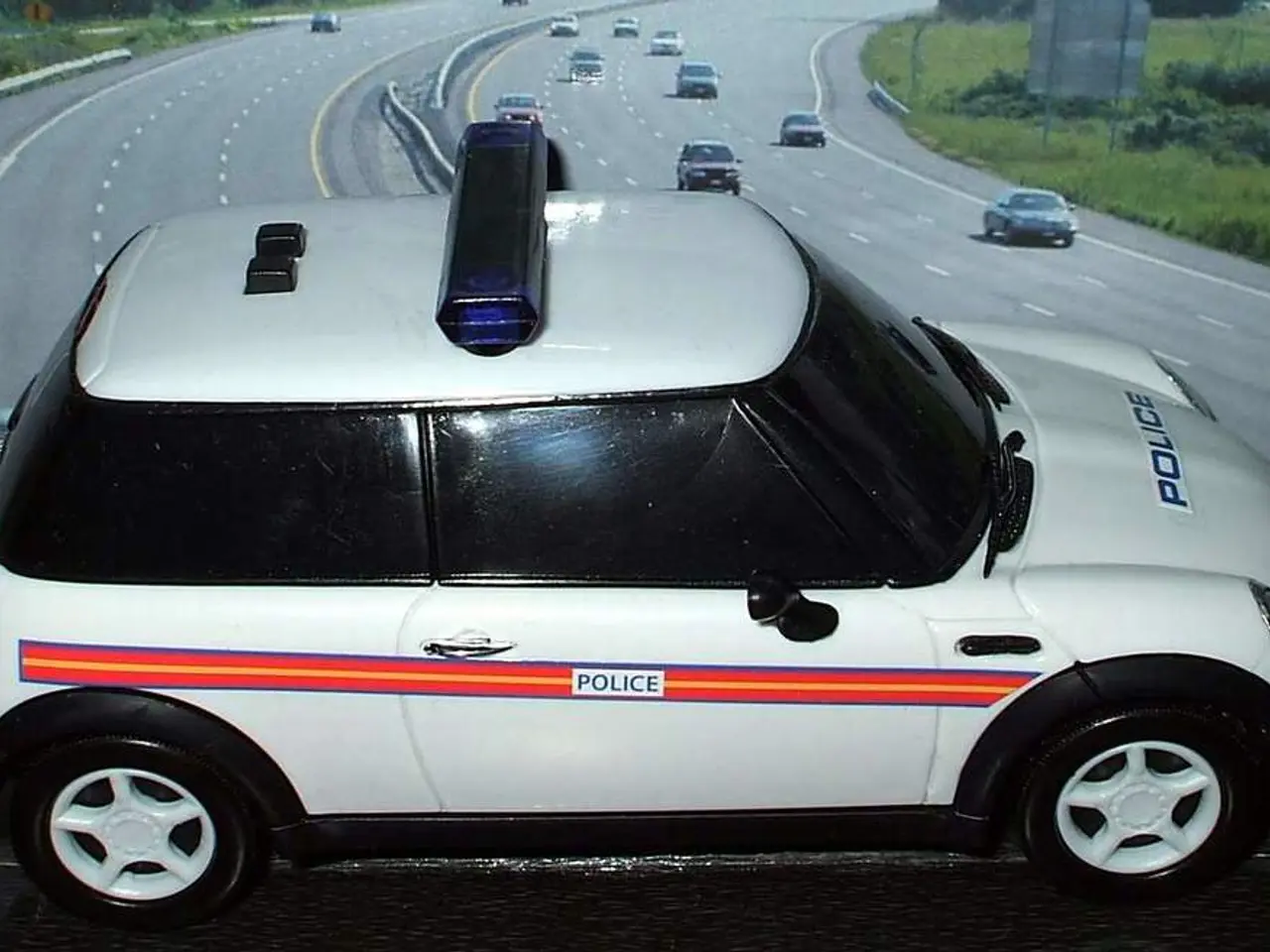Trump implements federal control over District of Columbia's law enforcement and calls upon the National Guard, exploring his authorization to carry out these actions
President Trump Takes Control of Washington D.C.'s Police Department
In an unprecedented move, President Donald Trump has announced that he will place Washington D.C.'s police department "under direct federal control" and deploy National Guard troops to the nation's capital. This decision marks the first time in the history of the Home Rule Act of 1973 that a president has assumed control of the city's police force.
The move comes after a series of violent crimes in the city, including the assault of a 19-year-old former Department of Government Efficiency worker during an attempted carjacking on August 3. Trump, in a post on his Truth Social platform, said, "Washington, D.C. will be LIBERATED today!"
The Home Rule Act of 1973 grants the President emergency powers to take control of the city's police for up to 48 hours in case of special emergency conditions. However, for a longer period, Congressional approval is required. Trump activated 800 soldiers from the DC National Guard, with up to 200 assigned to support law enforcement.
Mayor Muriel Bowser was not informed about Trump's intentions before his announcement. Bowser described Trump's move as "unsettling and unprecedented." She believes Trump's view of DC was shaped by his Covid-era experience during his first term when crime spiked.
Numerous federal law enforcement agencies, including the FBI, are headquartered in Washington, D.C. and report directly to the administration. The duties for the activated National Guard personnel include administrative and logistical roles, as well as providing a physical presence in support of law enforcement.
The Washington Metropolitan Police Department's chairman, Greggory Pemberton, supports the move and agrees "something needs to be done." However, it remains to be seen how this federal control will impact the city's crime rate and the relationship between local authorities and federal agencies.
It is worth noting that overall crime numbers in Washington, D.C. this year are lower than last year, despite Trump's repeated criticism of a surge in violent crime in the city. Cities like Philadelphia, Chicago, St. Louis, Baltimore, and Detroit have seen substantial declines in violent crime in 2024, 2025, or both.
The Home Rule Act of 1973 allows for federal control of the District of Columbia's police department specifically through Section 740 of the Act. This provision empowers the President to place the Metropolitan Police Department (MPD) under federal control "for federal purposes" when deemed necessary. When invoked, the MPD can be placed under the command of federal authorities such as the U.S. Attorney General, effectively federalizing the local police forces for a limited duration, initially up to 30 days unless Congress extends this period by legislation.
Over the weekend, Trump moved officers from several federal agencies, including up to 130 FBI agents, to patrol with DC police in several neighborhoods. Any control lasting more than 30 days would need congressional approval and must be passed into law. The declaration came as administration lawyers were in a courtroom for the first day of a trial over the legality of Trump's deployment of the National Guard in California in June.
As this situation unfolds, it is crucial to monitor developments closely and ensure that the rights and safety of all citizens are protected. The federal control mechanism exists because, while the Home Rule Act devolved many local governance powers to an elected mayor and council in DC, ultimate authority still resides with Congress and the President. Congress retains the ability to override local laws and control the district's budget, and the President retains powers over some local institutions, such as appointing judges and, critically, controlling the police under this Act. The ability to federalize the police reflects DC’s unique status as a federal district with limited autonomy compared to states.
References: [1] Home Rule Act of 1973 [2] Trump's announcement [3] CNN report on the move [4] Washington Post report on the move [5] NPR report on the move
- The unprecedented move by President Donald Trump to take control of Washington D.C.'s police department, as mentioned in his announcement, is not only a matter of politics but also a significant shift in policy-and-legislation, as it pertains to the Home Rule Act of 1973.
- As the general news unfolds, the implications of this federal control on crime-and-justice, particularly in the context of the city's rise in violent crime, are subjects of intense scrutiny and debate among local authorities, federal agencies, and the public alike.








